|
Things gathering pace with partners and creative conversations happening all the time now, like with the brilliant Parvez Qadir. Rochdale to his boots, Parvez is doing some brilliant but also very challenging and thought provoking drama and video art with young people, developing his own practice, and broadening his skills and approach. Hearing his thoughts and responses to this project, knowing that he is with us fills me with hope that we can have a profound and transformative impact on the town and young people especially.
Likewise with Ellie Kelly, a young Rochdalian who is working with us on the project and learning a whole range of producing and development skills on the way. Her passion and pride in her hometown was something I felt first hand during the It’s In The Blood rugby league project where I first met her. In fact it was after that piece ended that Ellie spoke about Cotton Famine Road, said come and do a project on this! Well, it took a while but here we are. And then just lately we went to meet Mary at the Rochdale Nigerian Community Association and also Nikki at Caring & Sharing, two amazing ladies who exemplify this rich and diverse town. The story of the road was complete news to both Mary and Nikki, so it was lovely to see them so inspired by it, and enthusiastic to be part of it. The conversations about how we can bring their creative forces and voices into the process is just one more revelatory uplifting beat on this journey, as step by step we lay the foundations for our own epic journey. That everyone we speak to in the town sees the potential of this project, and is so fully behind it is really humbling. It is people such as these, whose town and heritage this is, that inspire me to make this project live up to it’s huge potential.
0 Comments
One of the most rewarding aspects of this process has been sharing the story, our ideas, and looking for ways to collaborate with other creatives, none more so than the brilliant choreographer Gary Clarke! Gary worked with us on The Northern School in Bradford a few years ago and we are delighted he will be not only working with us but undertaking a residency in Rochdale.
If you haven’t seen Gary’s work do so first chance you get, Coal and Wasteland are two of the finest pieces of work we’ve seen in the last 10 years. Anyway, a few weeks ago we took Gary up onto the moors, after all what better place to talk ideas, visions, possibilities and plans for this project than the cotton famine road itself? It was a beautiful day in the middle of lockdown, as we walked and talked so ideas came into focus. We asked ourselves how might we link this lonely spot way up on the hills to the centre of the town below? How could dance and movement capture the story we want to tell? The epic struggle of a town, of a class of people to maintain their dignity, nay their lives even, in the face of starvation – and for a principle that they believed in. And just as we thought about the people of 1863 who must have toiled and broke their backs in all weathers to lay that road, to feed their loved ones, so pictures, images, ideas for motion and physical storytelling began to percolate. As the day went on it came to us all just how much working class people at the time of the cotton famine had to endure in their hard and very often short lives for our generations to have things better. By the end of the day we were talking processions, projections, school and community dance projects, a residency with Gary and his core team of ( brilliant) dancers in Rochdale for the duration of the project. It was a good day, and there will be more to follow… We are now well into our R&D process, delving into archive research scouring the internet and piling up an ever taller mountain of books.
These are on subjects from the poetry and songs of old Lancashire, the writings of 19th century figures like Edwin Waugh or the novels of Ethel Carnie that tell of working class life in the mill towns. Reading the accounts of Rochdalians of the time and their recollections of the hunger and suffering the people endured is very powerful. So too are the eloquent and moving autobiographies of Frederick Douglass, I’ve also been delving into Sirpa Salenius brilliant biography of Sarah Parker Remond. Unlike Douglass Sarah was never a slave, though she faced chronic racism her whole life. However just like Douglass, she came here to the UK in the years before the US civil war, she spoke to packed halls Manchester – an incredible and very rare thing for a black woman to be able to do at the time. She spoke very warmly of her time here. But pushing three million Lancastrians depended on the cotton industry for a living one way or another. It’s complete closure was a devastating blow, hunger is an awful thing. So it’s probably scarce wonder that we find a very mixed and nuanced picture of who and where support for the blockade and the North in the civil war was strongest. More to come… We've been listening to podcasts about Frederick Douglass, a former American slave who toured extensively across the UK, and spent time in Rochdale. His speeches and autobiographies made him a 'star' amongst the abolitionists of the time.
Have a listen to David Runciman's History of Ideas podcast here (scroll down for the episode): www.talkingpoliticspodcast.com/history-of-ideas-series-two ‘My Bondage and My Freedom’ by the former slave Frederick Douglass was the second of his three autobiographies and the one that contained his most radical ideas. In this episode David explores how Douglass used his life story not only to expose the horror of slavery but to champion a new approach to abolishing it. The name for this approach: politics. And the BBC's In Our Time programme here: www.bbc.co.uk/programmes/b09qb0kc Melvyn Bragg and guests discuss the life and ideas of the prominent abolitionist, who in 1845 told his story in Narrative of the Life of Frederick Douglass, an American Slave. Cotton Famine Rd… a lonely stone track on the moors above Rochdale. You’d be forgiven for thinking it a road to nowhere since it just stops midway across the moor!
But you’d be wrong, because it goes right back into our shared history, and it reaches right across the world, to cotton fields of the American South. It tells of Britain’s role in the transatlantic slave trade, of the millions that were made by merchants here out of that misery. And ultimately it tells us how the weavers of Rochdale played their small part, and suffered hugely, in bringing it to an end. It came about as a result of public subscription in 1863, deep in the midst of the cotton famine of 1861-65 when the southern ports were blockaded and the mills of the Lancashire were starved of raw materials. As the blockade began to bite the mills went form short time working to complete shutdown – and the weavers were thrown into penury and starvation. But for all this at a meeting in Manchester in December in 1862 all threw their full support behind the blockade, and the Union cause in the American Civil war, the fight to end slavery. Stand up on it and you can see for miles. You can see a big picture, one of people uniting in common sacrifice for something that mattered more – principle. Mick and I are undertaking a new journey into the past, over the moors via the Cotton Famine Road to Rochdale.
Bent Architect are a Bradford based, Arts Council funded, theatre company led by Mick Martin and Jude Wright.
The Northern School is our 5th production and is a fully immersive theatrical event with film and live 50’s rock n roll band, it takes place through the whole of Bradford Playhouse from October 4th – 8th. We aim to bring the Playhouse back to life as it was during the heady heyday of The Northern School of Acting, to recreate the zest and excitement of a new young generation of working class kids who dreamt of changing the world they lived in. It was actually whilst researching something else entirely that I accidentally stumbled across the name Esme Church, and first heard of The Northern School of Acting, which ran at Bradford Civic Playhouse from 1945 to the start of the 60’s. I read on and discovered a whole fascinating, yet largely forgotten cache of my home city’s creative history, that I never knew existed. It turns out Esme was a well known West End face in her time, who’d worked with them all, Olivier, Gielgud you name ‘em. She was part of the group that took the Old Vic Theatre to Burnley to escape the bombing during the war. Needless to say the second peace came the theatre folks decamped en masse back Shaftsbury Avenue way, except for Esme, who stayed north. To her friends bemusement,nay outright horror, she took the job of Director of the amateur Bradford Civic Playhouse. Once there she wasted no time in setting up The Northern School of Acting, offering young hopefuls from this neck of the woods to get a proper drama school training, comparable to anything in London. Classes ran in the evenings, students had to audition to get in and pay their weekly subs. Esme taught them how to think, walk, smoke a fag and above all talk like real actors, and that meant losing their deep ingrained flat Bratfud vowels and glottal stops! Through the school went people like Billie Whitelaw, who went on to be Samuel Beckett’s muse, others included Tom Bell, Edward Pethebridge and Dorothy Heathcote who would become one of the original driving forces behind the whole Theatre in education movement. Esme wanted the very best and would settle for nothing less, and she wanted it in Bradford!The more we read about the school and just how groundbreaking and visionary Esme’s ambition was, the more we were inspired by her. And the more we wanted to do a project about it. Bradford of the 50’s was very different to the multi cultural, multi lingual, omni-shambolic yet buzzing, busy, dirt poor and rough as a dogs arse one that we know and love today. It was a time when the first teenagers threw off the shackles of the war years and let rip to the sounds of rock n roll. They had a bit of money in their pockets and they wanted more than their parents had known. They were growing up in a city that had confidence, jobs, money, new houses going up everywhere as the back to backs came down and the city centre was ripped apart in what passed for progress, but turned out to be just a lot of concrete. As the 50’s wore on the new voices of the angry young men got louder and by 1960 the British New Wave of cinema, aka the ‘kitchen sink’ era was about to flower with films like Billy Liar, Saturday Night and Sunday Morning and This Sporting Life. Coronation Street is just round the corner and The Beatles are tuning up in Liverpool. A confident, youthful, humorous yet passionate northern voice is finally about to get onstage and in front of a camera! The germs of a play began to form. Esme’s generation was all about the London stage, the actor as a thing of beauty, vocally perfect, who must look and sound like Gielgud and Olivier. But in the north change is brewing, young people are starting to want to look and sound like themselves! From this premise our project, The Northern School, began to take shape. It is the passing of a baton from one generation to another. But without Esme they would never have had the chance at all. Esme was an innovator in her own time,we felt that our piece should honour that by being as modern in form and style as we can make it. So it is more an event than a play, the bar will be open throughout, you will be able to buy tea and coffee in the Jazz café we set. The audience will be able to explore the building, backstage and front, discovering scenes and characters along the way. Above all we want the project to mirror what Esme was trying to do, to open doors, give young people from Bradford and district the chance to work alongside professional actors and creatives. We want them to feel and believe that the theatre is a world they can be part of, that Bradford is a city they can be proud of, where good things have happened and will now - if we make them. Jude and I are passionate about this city and we just hope we’ve done it, Esme and The Northern School justice.
It wasn't until a young historian by the name of Dirk Dahnhardt undertook a thesis at Kiel University, published in 1977, which looked into the events in Kiel. His work tried to remain objective, removing the political interpretation of the facts which had so far clouded people's judgement of the men involved and their motives.
Our friend Klaus picked up on the research, and even visiting Lothar Popp, one of the main leaders in the revolt, in 1978. You can read some of his interview on Klaus' brilliant website here: www.kurkuhl.de We felt a strong resemblance to our very own Cyril Pearce, who had visited Arthur Gardiner - the main protagonist of England, Arise! - in the 60's. Klaus has continued with his research into the history of Kiel since the 70's, and has recently started a History degree at Kiel University, which is fantastic! It may be that he can attend Dr Sharp's conference later in the year in Leeds, which would also be wonderful. I am sure we will see lots more of Klaus and we are very grateful to him for his time and expertise. Cheers Klaus! Me and Mick are all ready for our trip to Germany with Dr Ingrid Sharp today. Passports, check, itinerary, check, bags packed... nearly!
I must say, I've been overwhelmed by the response of the good people of Kiel to my random reaching out about our possible Mutiny project. We are going to be meeting people from across the city, and the theatre also and I'm really looking forward to it! It will be a road trip, as we'll be driving up from Berlin, which gives us a chance to see the German countryside too. More to follow!
Dewsbury libraries. The display is well worth a visit. The work created by the young people is incredibly moving and creative and we were honoured that 7 of them joined us to present their work to an invited audience. James and Laura from the cast also contributed short selections from the play, but the day was really all about the young people.
Many thanks to the teachers, Kim & Pauline, the staff at Huddersfield library, but mostly to the young people who blew us all away. |
JudeHere are a few musings as we stroll down the road.... Archives
July 2021
Categories |

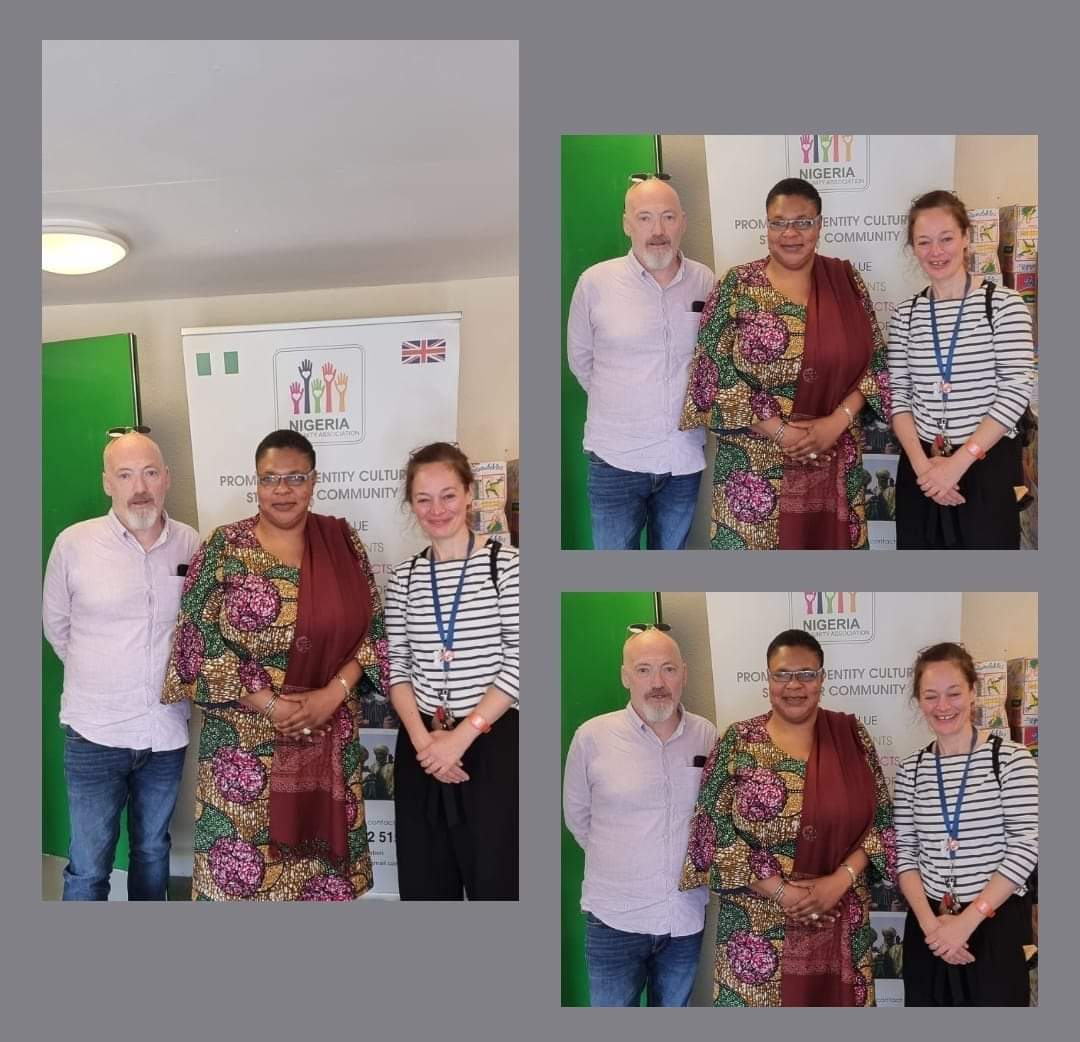
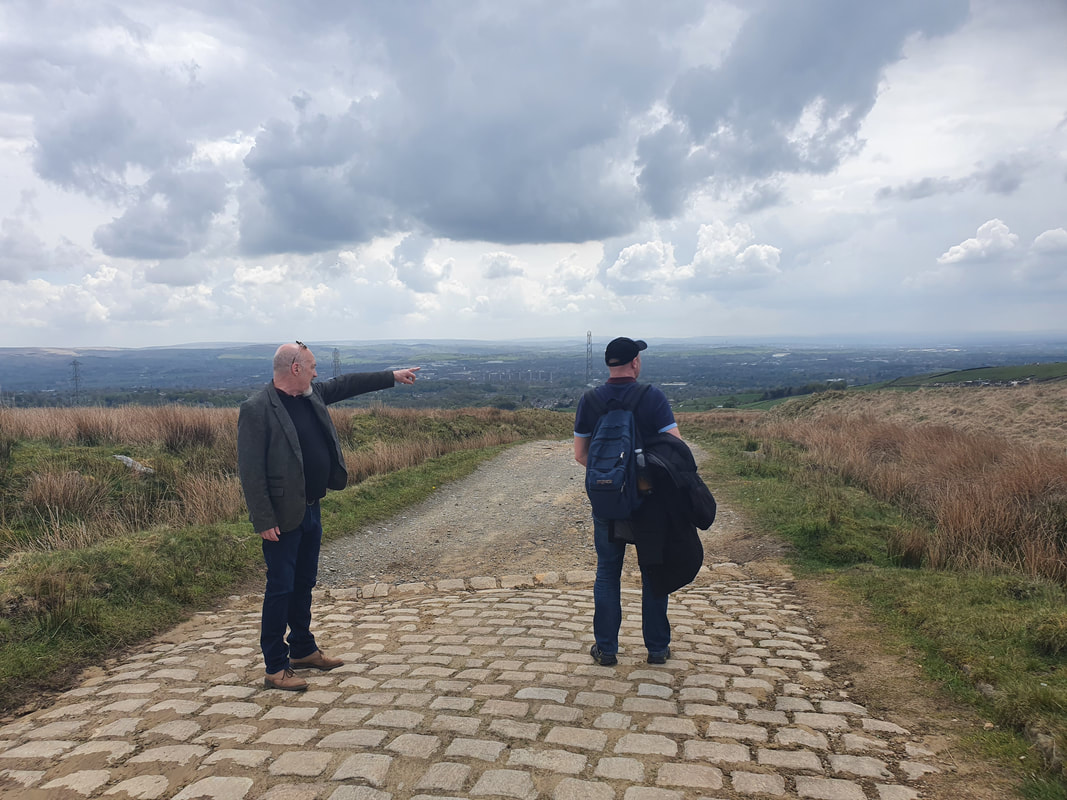
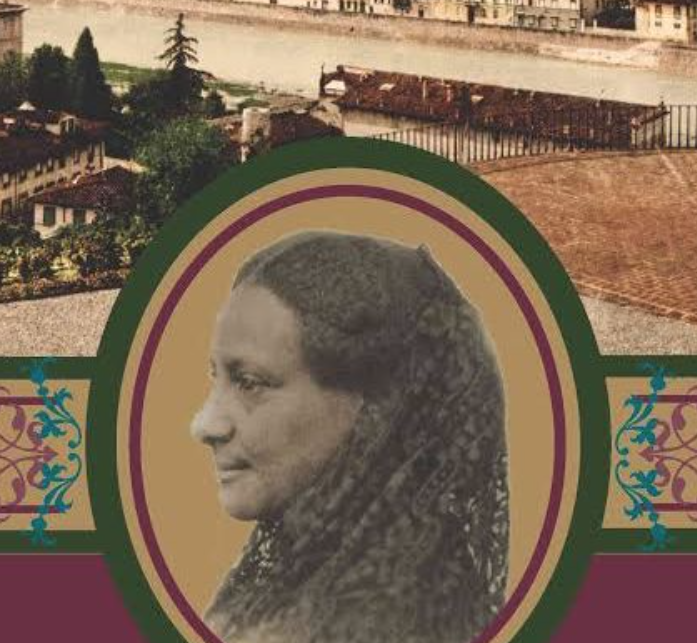
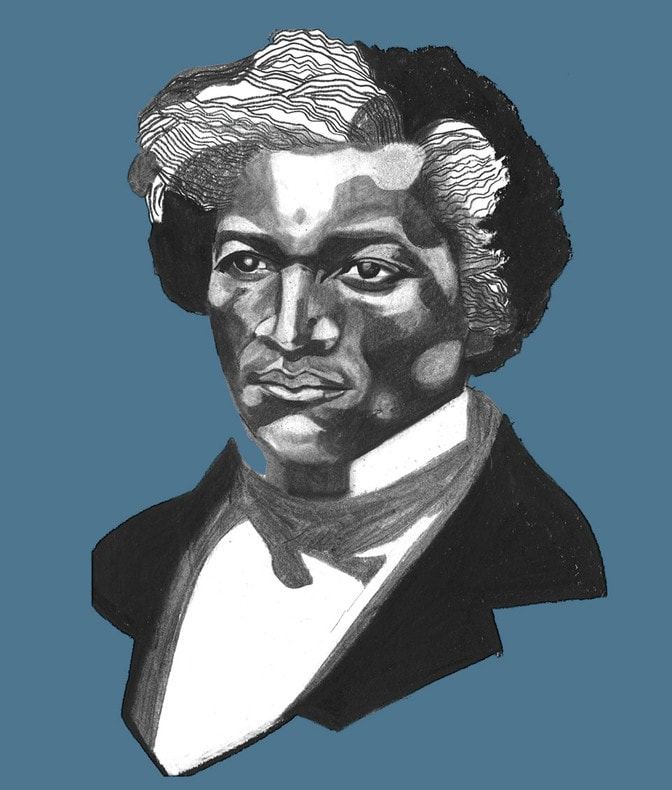
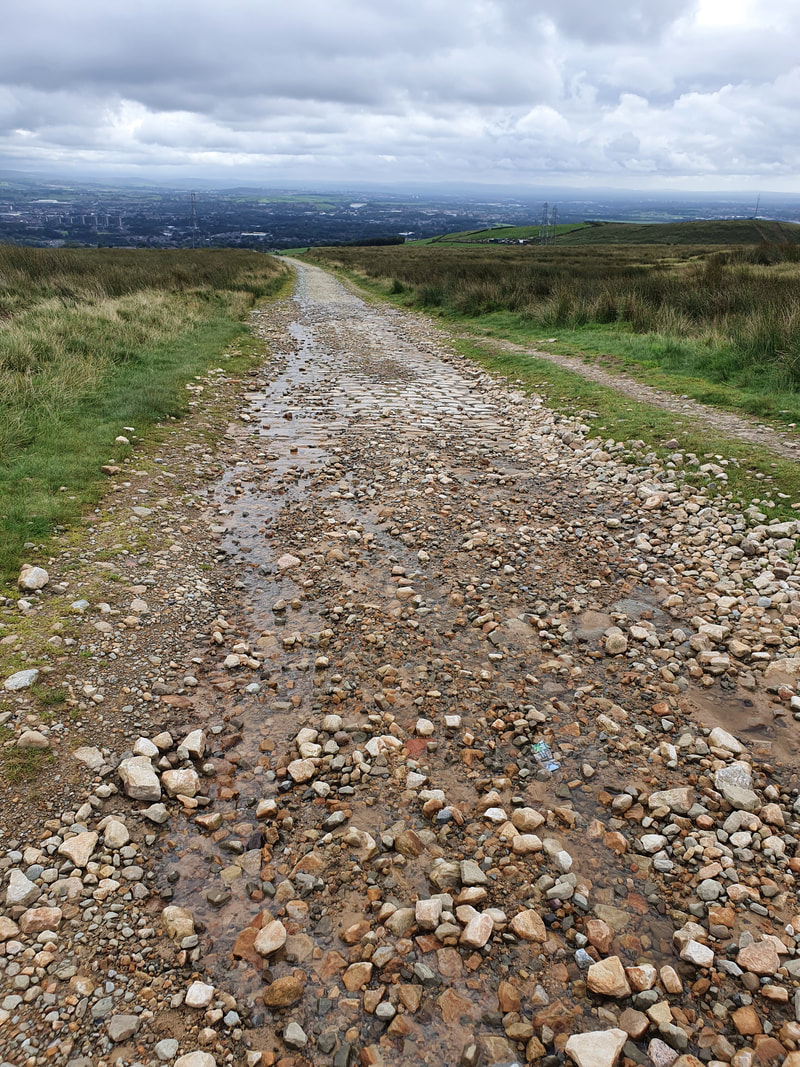
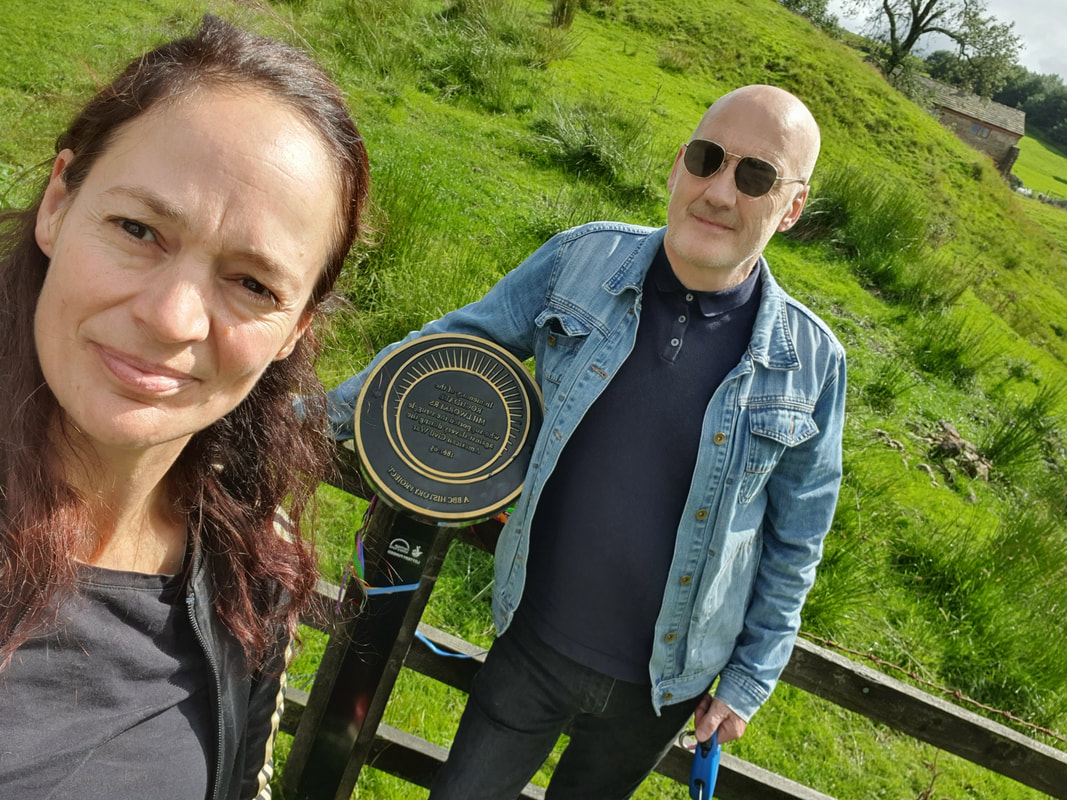
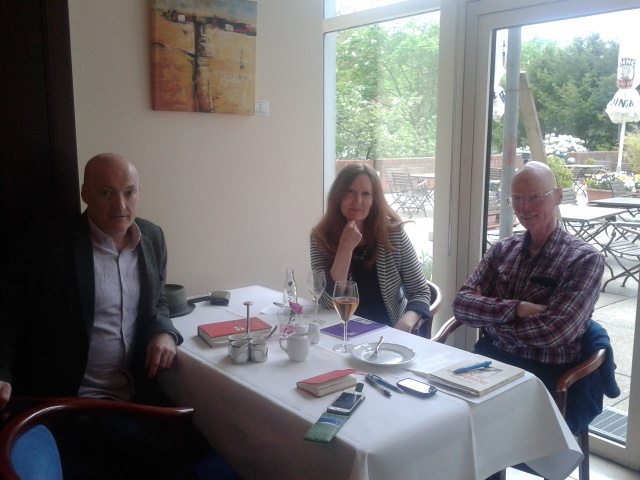
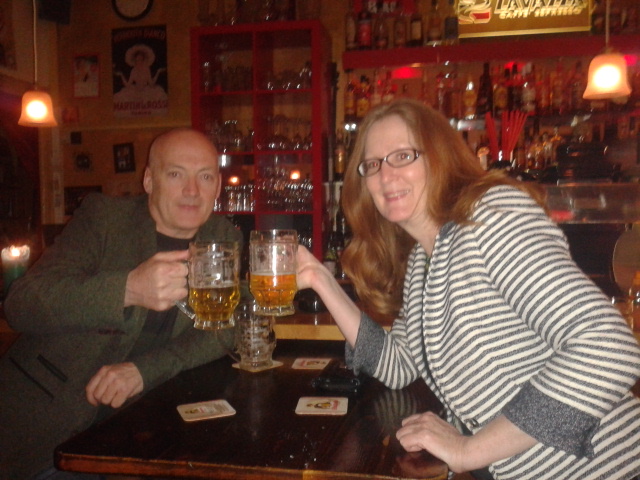

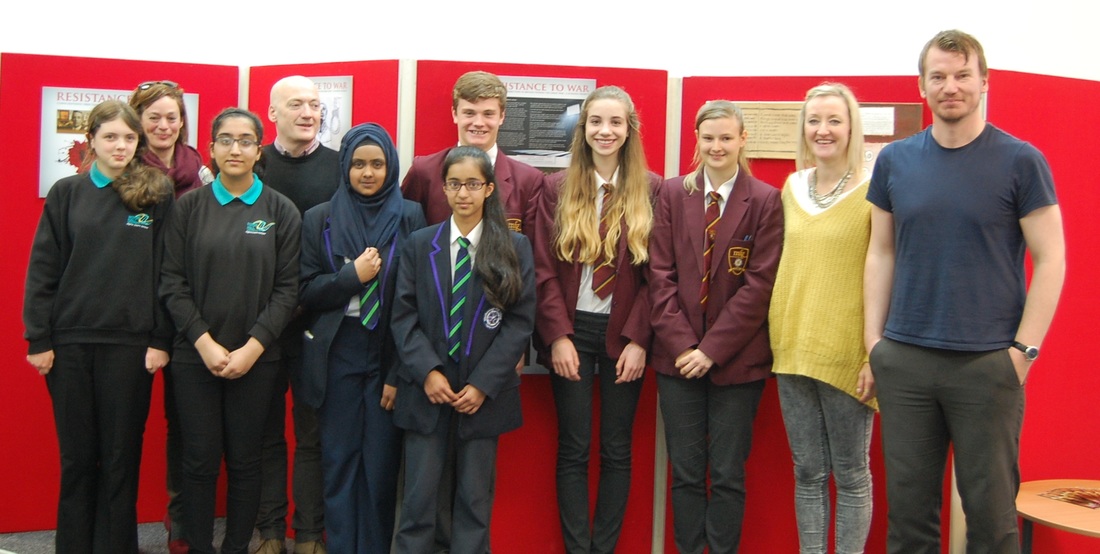
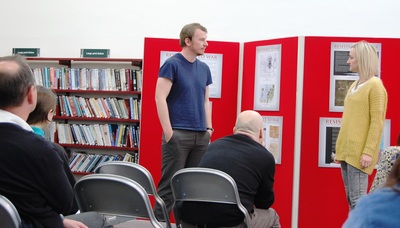
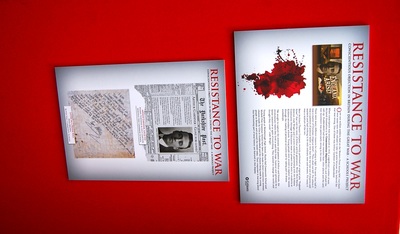
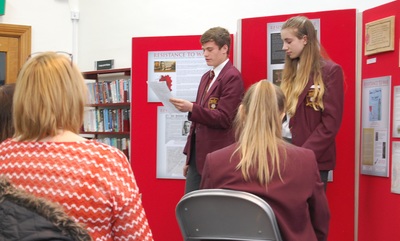
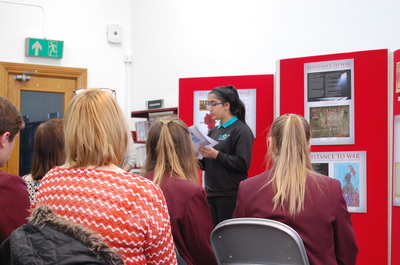
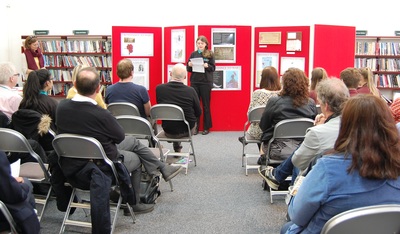
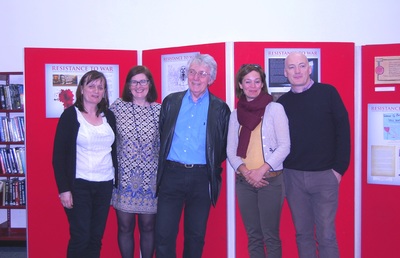
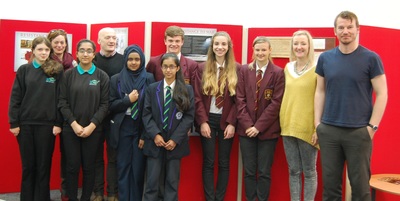
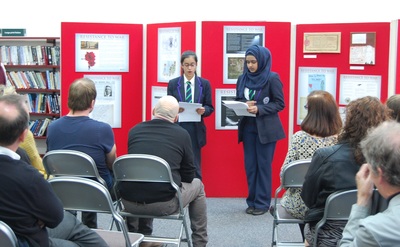
 RSS Feed
RSS Feed
